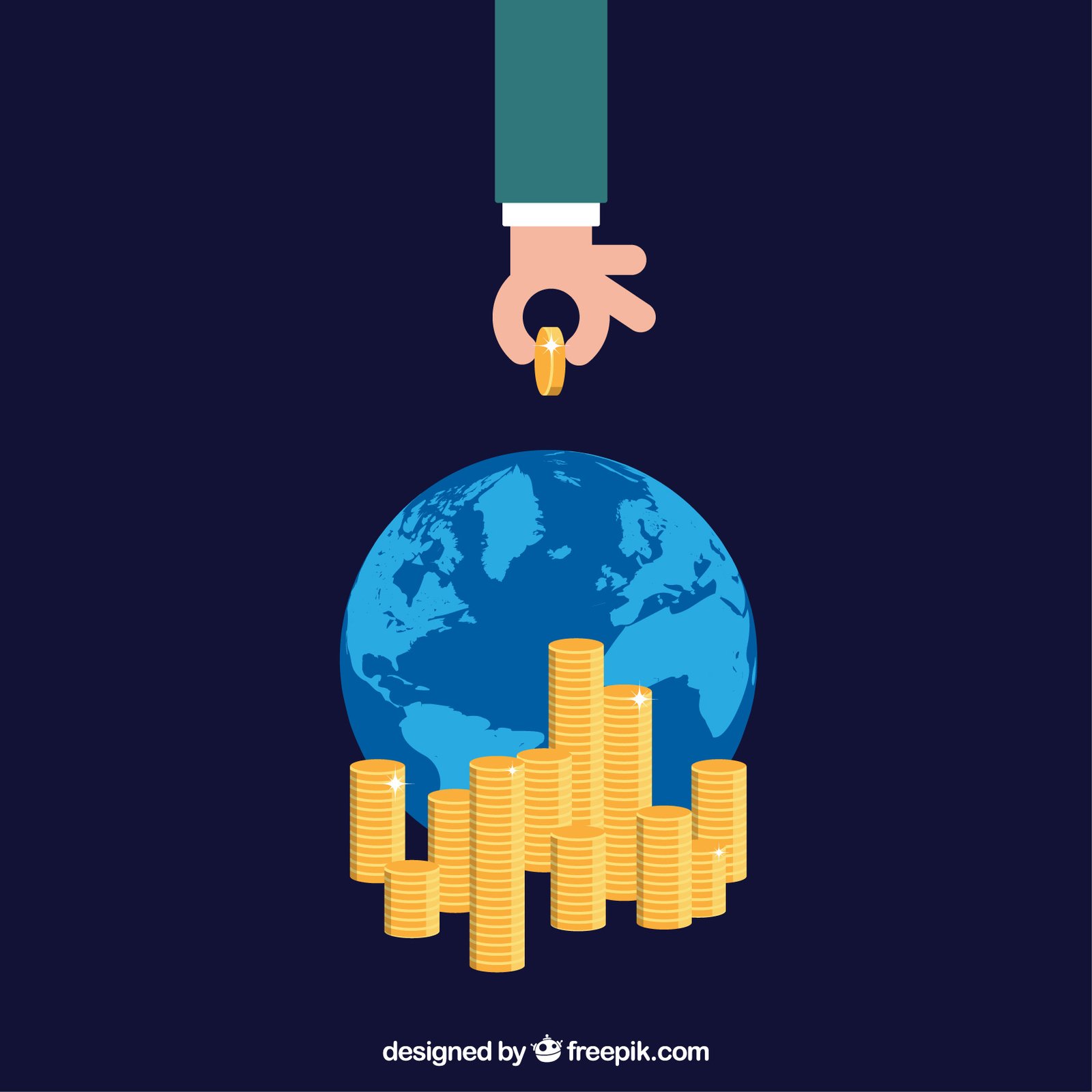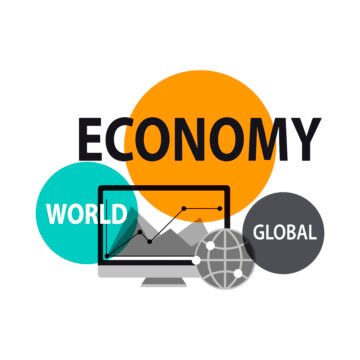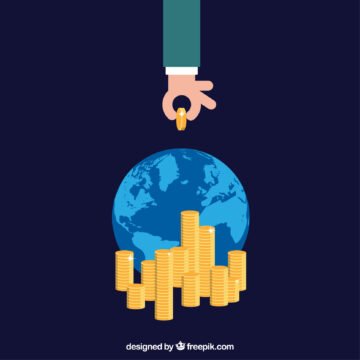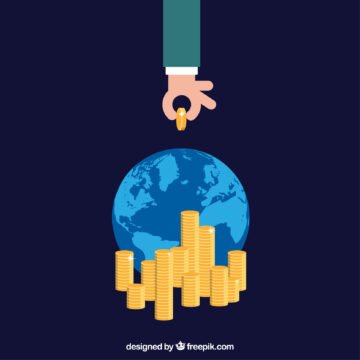
Introduction
As we stand on the cusp of a new decade, the global economic landscape is poised for significant transformations. The period post-2030 is expected to usher in a paradigm shift, driven by technological breakthroughs, demographic changes, and a reimagining of economic systems. In this article, we explore key trends that are likely to shape the future economy and redefine the way nations conduct business and address societal challenges.
- Emergence of the Digital Economy
The post-2030 era is anticipated to witness the full bloom of the digital economy. Rapid advancements in artificial intelligence, quantum computing, and the Internet of Things (IoT) will converge to create a digitally interconnected world. This transformation will not only revolutionize industries but will also redefine the nature of work, requiring a workforce adept at navigating the complexities of a technologically-driven economy.
- Sustainable and Circular Economic Models
The imperative of environmental sustainability will drive the adoption of circular economic models. Nations and businesses will increasingly prioritize green practices, renewable energy sources, and responsible resource management. The integration of sustainable principles into economic strategies will not only mitigate environmental risks but also foster long-term resilience and innovation.
- Global Collaboration and Economic Interdependence
The future economy is likely to be characterized by enhanced global collaboration. Nations will recognize the interdependence of economies and work towards shared goals, fostering international partnerships to address global challenges such as climate change, pandemics, and economic inequalities. Collaborative efforts will become instrumental in shaping policies that transcend national borders.
- Resilience in the Face of Uncertainty
The lessons learned from past crises will influence a renewed emphasis on resilience in economic structures. Robust risk management, adaptable supply chains, and agile policymaking will be crucial components of future economic systems. The ability to navigate unforeseen challenges with resilience and agility will be a hallmark of successful economies.
- Demographic Shifts and the Aging Workforce
Demographic changes, including an aging population in many parts of the world, will necessitate adjustments in economic policies. Governments and businesses will need to devise strategies to accommodate an older workforce, ensuring continued productivity and addressing the unique economic challenges associated with an aging demographic.
Conclusion
The post-2030 economic landscape holds promise for innovation, sustainability, and global collaboration. Embracing the digital revolution, adopting circular economic models, fostering resilience, and addressing demographic shifts will be imperative for nations seeking to thrive in an era defined by rapid change and interconnectedness. By proactively anticipating and adapting to these trends, the global community can collectively shape a future economy that is inclusive, sustainable, and resilient.



